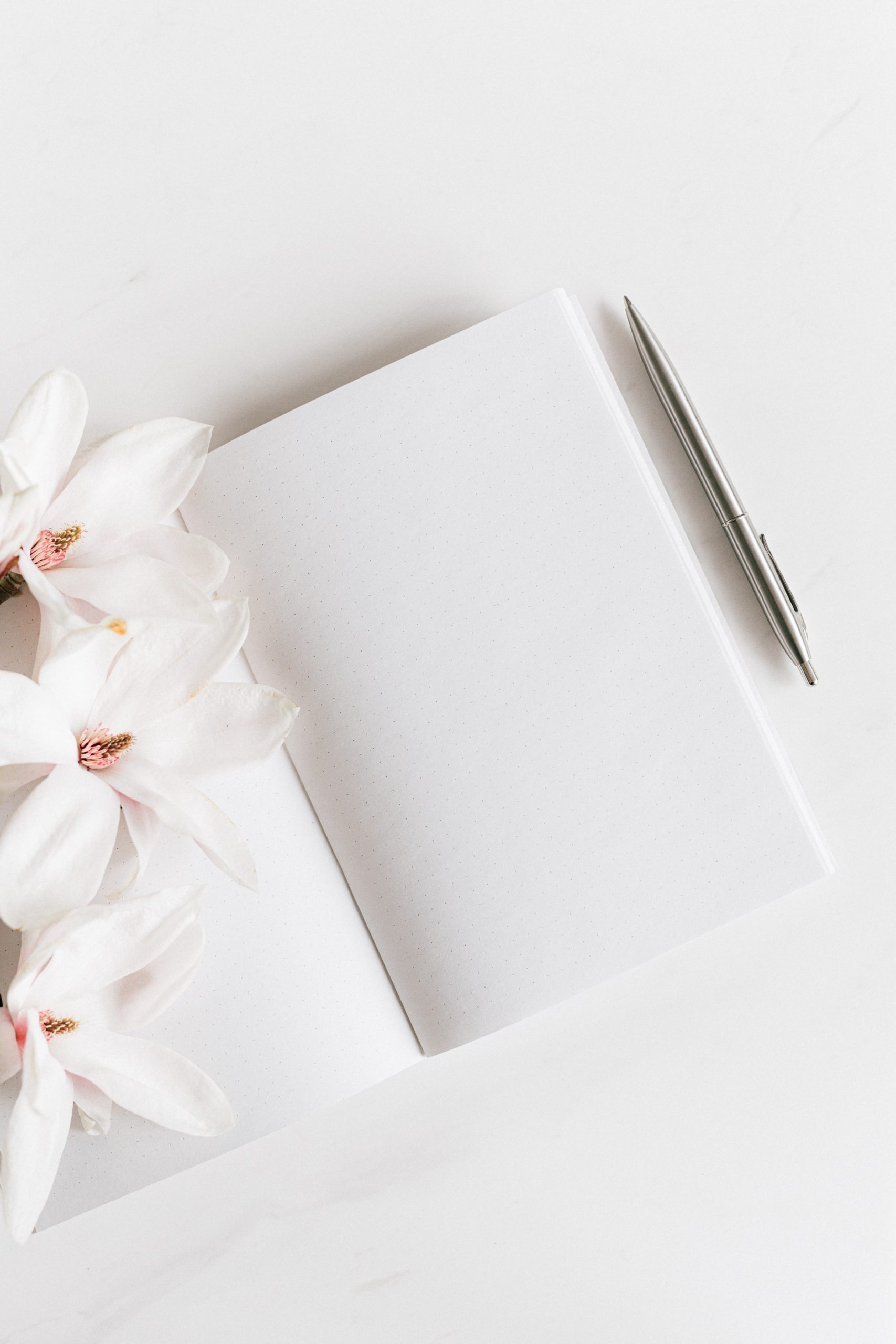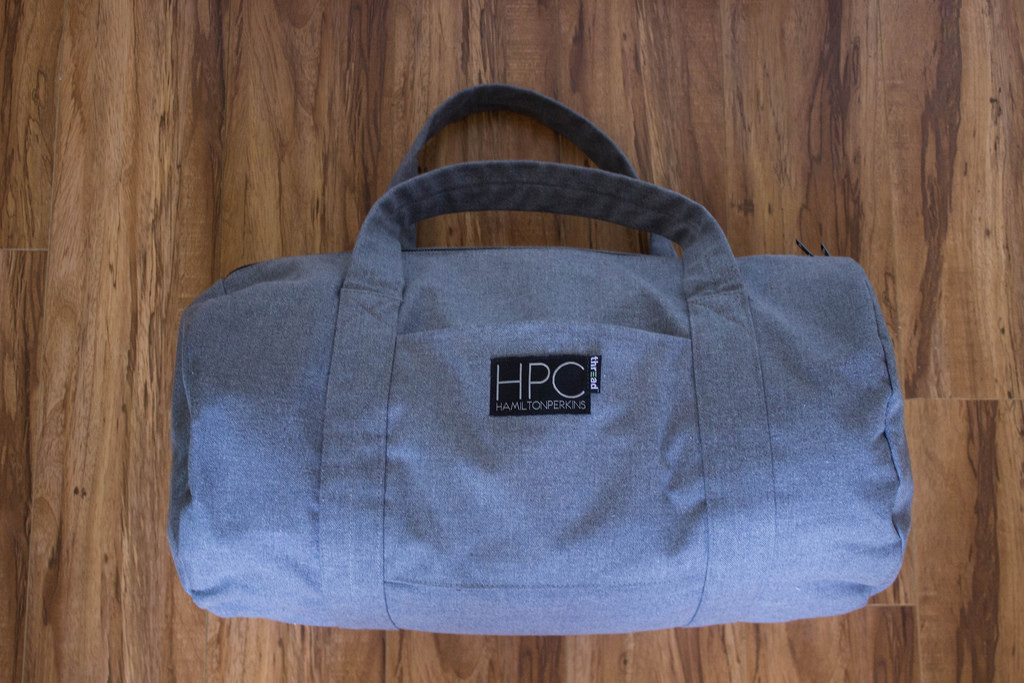In June, I saw several influencers posting to ask if their audience would be participating in Plastic Free July. Committing to a plastic-free month can be overwhelming and honestly sound a little daunting. It’s an admirable commitment to take on, but is it realistic?
A few years ago I realized that that plastic use is sometimes out of our control. This “epiphany” came to me after my fiancé and I were in a major car accident. The accident left me with a fractured pelvis, fractured ribs, and collapsed lung and left my fiancé bruised ribs and severe back pain. I was hospitalized for 11 days and during those days there was a lot of single-use plastic being used and I did not have much say in it.


Each day my drinks and meals were accompanied with plastic utensils, plastic cups, and plastic bendy straws. I was given multiple single use masks (to protect from COVID-19), a plastic spirometer (breathing device to expand lungs), wet wipes (for cleaning my body), plastic toothbrush (thrown out after each use), and many other single-use plastic items for sanitary reasons and probably cost saving reasons as well.
I think the idea of going plastic free is great but sometimes in practice it is not always achievable and sometimes out of our control based on accessibility and privilege. Being in this situation changed my perspective on zero-waste living.
What I Learned From Plastic Free July
1. Refuse when you can
If you are in a situation where you can refuse single-use plastic, please do so. But do not be too hard on yourself if you have to use single-use plastic. Like maybe you forgot to pack your own utensils so you have to use plastic utensils. Refuse single-use plastic when you can, but remember it is okay if you cannot refuse.
2. Be kind and patient with yourself
We all make mistakes and will not be perfect during this low waste journey. If you slip up and forget to pack your reusable items, or you forget to refuse single-use plastic, or you have to use plastic, it is okay! Do not beat yourself up about it. You are making an effort and that’s what matters most.
3. Check your privilege
The idea of getting rid of single-use plastic for good is great, but remember, low-income communities typically do not have access to plastic-free options. Also, remember that some people with disabilities need plastic-free items to survive. . Keep these things in mind before judging people using single-use plastic and before questioning why an item comes in plastic.
4. Individual changes are great but changes with the most impact need to occur on a larger scale by corporations and the government
Our individual efforts matter especially because we can inspire those around us to make changes too. It can create a major ripple effect. Individual efforts are important, but we also should work for systemic change to make plastic-free living more accessible and we should hold corporations accountable in reducing their plastic production. Experts say the best way to tackle the world’s plastic problem is to cut back on the creation of plastics.
5. Find what works for your lifestyle
I love watching videos of people who can fit a year’s worth of trash in a mason jar, but that isn’t always realistic. Find ways you can reduce plastic in your life and adjust accordingly. Take inspiration from others then apply it to your own life. Some of my favorite accounts to follow are Jhanneu & Kathryn Kellogg









I’m so sorry to hear about the accident – I really hope you’re feeling better soon, and that you have a speedy recovery!
I have definitely tried to reduce the amount if plastic I use in recent years, but I completely agree that the types of changes and the extent of them is certainly different person to person. I think the goal is trying to do better, rather than trying to be perfect for sure!
Thank you. & Yes! I think that’s the perfect way to put it. We should all try to do our best because it is better than doing nothing at all.
Hope you have a speedy recovery! Great post. newbie here
Thank you!